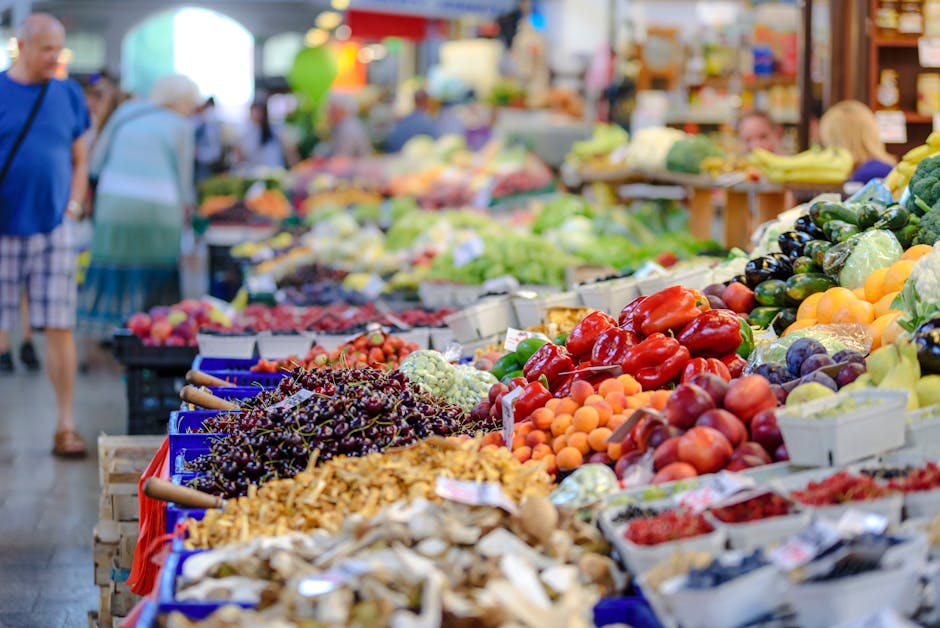Each month, our newsletter features a person
or group on campus that is working toward a more sustainable world. This month we were excited to interview and welcome Ellen Vaughan, Water & Climate Action Manager, to the Sustainability Office.
In her new role, she will be working on water and climate action-related projects, as well as supporting the Carbon Neutrality Initiative Fellows and Green Labs Team in the office.
What does sustainability mean to you?
Ellen: Sustainability to me is about intergenerational equity. It’s about not being a bully. Not taking advantage of the resources we have now, knowing that it is causing hardship to folks we don’t know or future generations.Favorite green tips?
Ellen: We need to slash our consumption, think up experiences instead of trinkets when gift giving.What is your role at the Sustainability Office?
Ellen: I look forward to working with the campus and community to advance innovative solutions to get UCSC to climate neutrality! I’m excited to be a part of the Climate Neutrality Initiative team and to work with the Green Lab program.Tell us about your background and how you became part of UCSC?
Ellen: I studied business and forestry at Virginia Tech before receiving my Masters in Environmental Policy at SUNY Environmental Science and Forestry. I have worked as a Global Warming Field Organizer for Greenpeace in Washington, DC, the Director of Sustainability for the Syracuse Center of Excellence, and Project Coordinator for the Public Counsel of the Rockies in Aspen, CO. I was most recently living and working in Flagstaff, AZ where I spent the last five years as Sustainability Manager for Northern Arizona University.What are your thoughts on environmental justice?
Ellen: I’m so impressed with UCSC’s focus on environmental justice. It’s great to see how many diverse groups are engaged across campus and I can’t wait to work with everyone.We are so excited for Ellen to join our Office! If you know someone on campus who should be profiled in a future Sustainability Newsletter, please email sustain.education@ucsc.edu.







